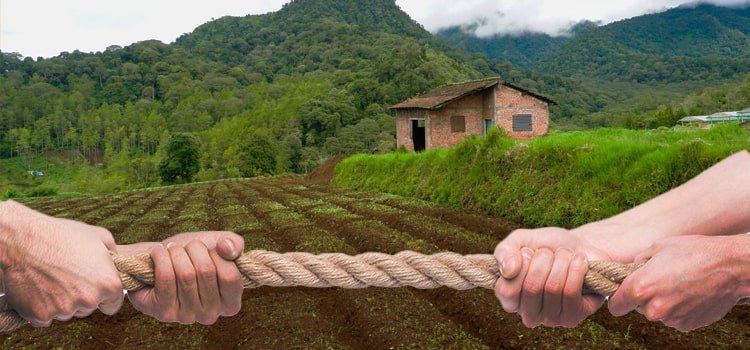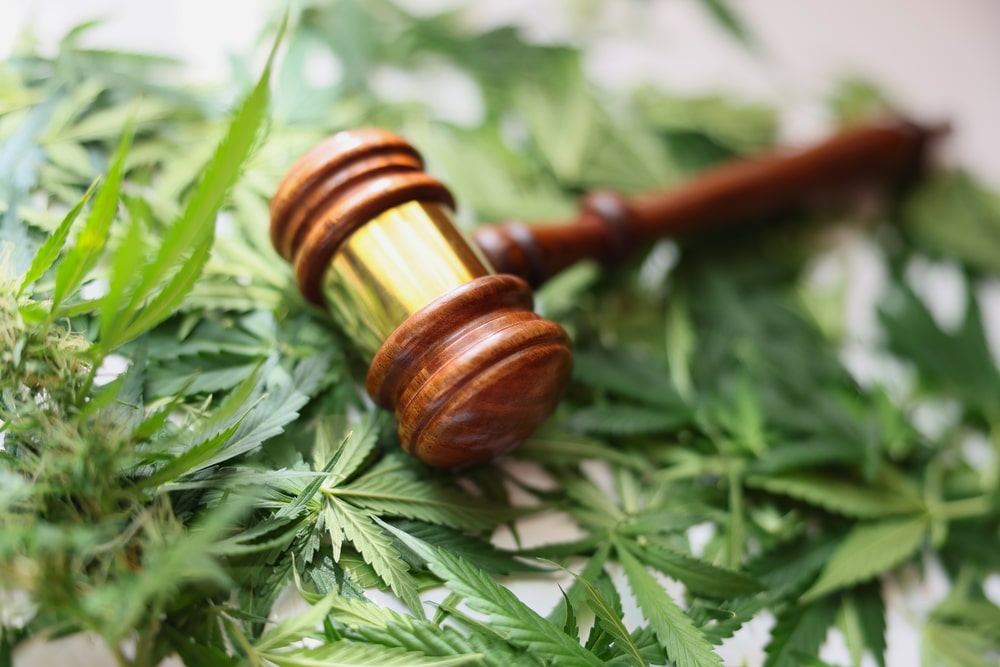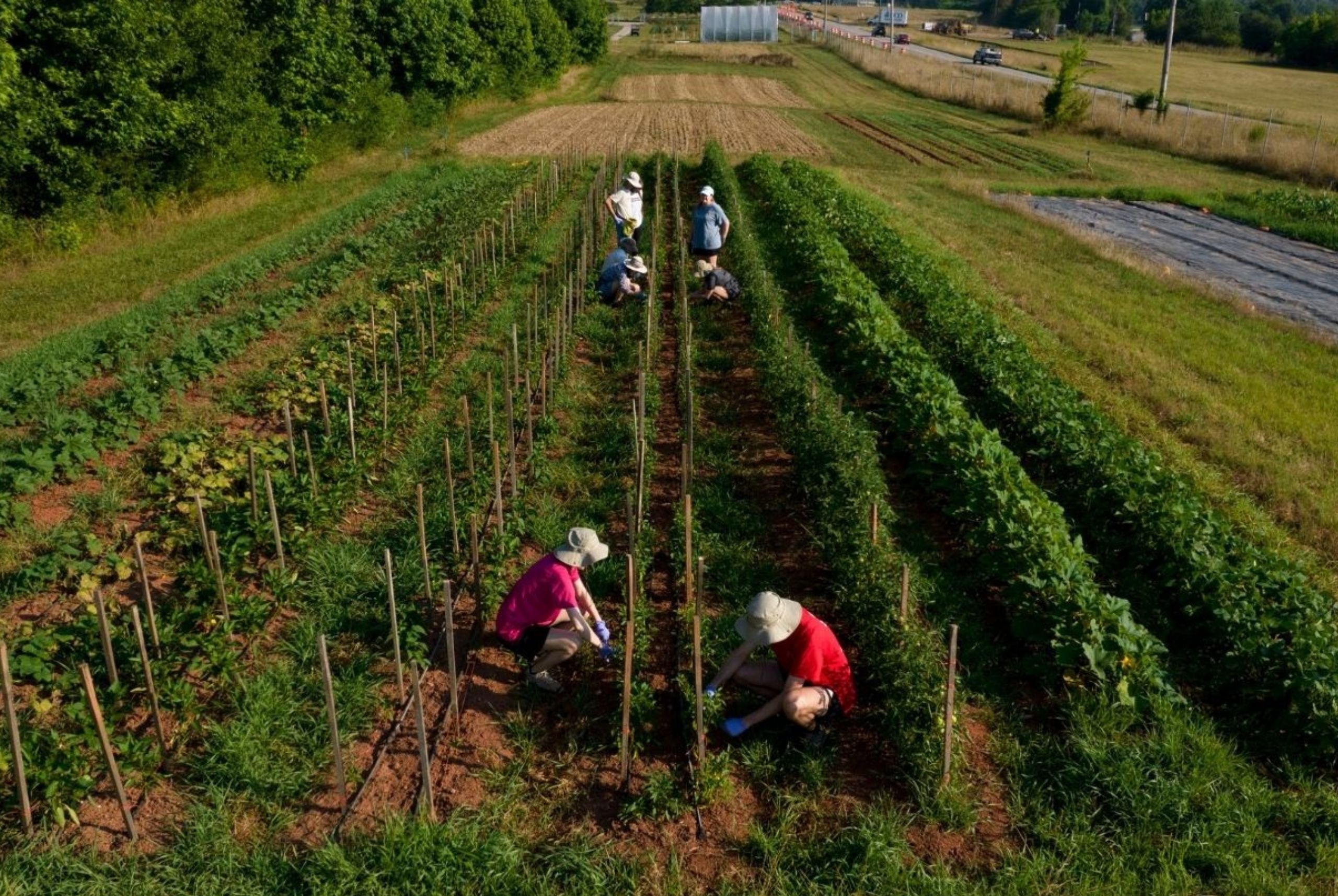Georgia’s land history is marked by pivotal moments that have shaped its current boundaries and ownership. One of the most notable events that impacted the state’s land holdings was the Yazoo Land Fraud of 1795. This event left an indelible mark on Georgia’s land ownership, with vast tracts of land lost due to political corruption and land scams. In modern times, land fraud continues to be an issue that affects property owners in Georgia, often leading to costly consequences. In this article, we will explore both historical and modern instances of land fraud in Georgia, the legal consequences, and the measures in place to prevent such fraud in the future.
Historical Context: The Yazoo Land Fraud
The Yazoo Land Fraud remains one of the most significant scandals in Georgia’s history, one that involved the sale of large tracts of land to speculators at a fraction of its value. In 1795, the Georgia legislature sold millions of acres of land in present-day Alabama and Mississippi to private land companies, allegedly under corrupt conditions. The land was sold for a mere penny per acre, with speculation running rampant.
This scandal erupted when it was revealed that some members of the legislature were bribed by the land companies to approve the sale. The public outcry was immense, leading to the eventual repeal of the land deal by the new legislature. The repercussions of the Yazoo Land Fraud were long-lasting, with the state of Georgia losing a significant portion of its land holdings and the legitimacy of its land laws being called into question. This event paved the way for future legal reforms aimed at curbing corruption in land transactions.
Modern Instances of Land Fraud in Georgia
While the Yazoo Land Fraud is an historical event, modern land fraud schemes in Georgia continue to affect property owners. These frauds often target unsuspecting landowners, particularly in rural areas, where property lines and records can be less meticulously maintained. Some of the most common schemes include title fraud, where fraudsters forge documents to claim ownership of properties, and boundary disputes, where scammers manipulate land descriptions to illegally sell or transfer property.
In recent years, there have been reports of fraudsters taking advantage of Georgia’s rural real estate market, convincing landowners to sell property at undervalued prices or stealing ownership rights through forged deeds. The consequences of such fraud are severe, with landowners losing their homes and financial stability. The state has made efforts to crack down on these activities through improved record-keeping and public awareness initiatives.
Legal and Political Repercussions
The Yazoo Land Fraud had profound legal and political consequences for Georgia. Following the scandal, the state enacted new laws to prevent future fraud and ensure the integrity of land transactions. The most notable of these reforms was the eventual creation of a legal system to oversee land sales, making it more difficult for corruption to infiltrate public land deals. The state also took legal action against those responsible for the fraudulent sale, leading to the annulment of the original land transactions.
In modern times, Georgia has continued to strengthen its land laws. The state has implemented stricter regulations regarding property deeds, and authorities have set up systems to track land ownership more effectively. Property owners now have the ability to access public records online, which helps prevent fraudulent claims and allows people to verify the legitimacy of any potential transactions.
Additionally, Georgia’s legal system has become more proactive in addressing modern-day fraud cases. Local law enforcement agencies work alongside state investigators to prosecute property criminals. In cases involving forged documents or fraudulent sales, the punishment can include hefty fines and imprisonment.
Preventive Measures and Resources for Landowners
For landowners in Georgia, it is crucial to stay vigilant against the potential for land fraud. One of the first steps in preventing fraud is ensuring that all transactions are properly documented and recorded. When buying or selling property, landowners should verify that the titles are clear and that the documents are signed by authorized representatives.
The state of Georgia offers several resources to help property owners protect their land. Local government offices, such as county recorders and land registries, offer access to public land records that can confirm the legitimacy of a property. Furthermore, Georgia residents can take advantage of title insurance, which helps protect against potential fraudulent claims on property ownership.
Another vital resource is the Georgia Department of Law’s Consumer Protection Division, which educates the public on how to spot fraudulent activity and provides information on how to report suspected fraud.
Conclusion
Land fraud has been a persistent issue in Georgia, dating back to the infamous Yazoo Land Fraud of the late 18th century. Although this historical event led to the loss of vast land holdings, modern-day fraud cases continue to plague the state’s landowners. Georgia has responded with legal reforms and increased vigilance to protect citizens from fraudulent land transactions.
By staying informed and utilizing available resources, landowners can help safeguard their property from fraud and ensure that their ownership rights are protected. As Georgia continues to strengthen its legal framework and public awareness, the risk of land fraud will hopefully decrease, providing greater security for the state’s property owners.


